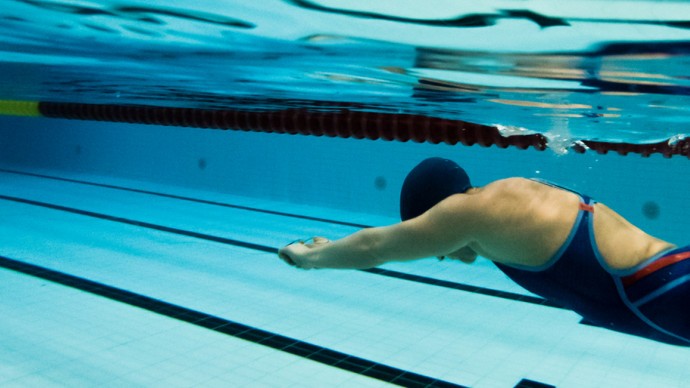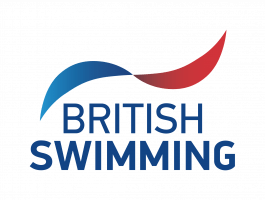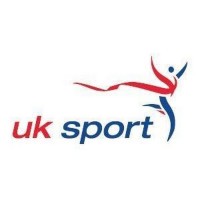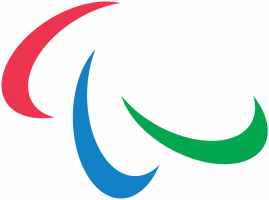
Research impact: Paralympic swimming
Manchester Met’s biomechanics research has led to the re-classification of high profile international Paralympic swimmers and enhanced performance among elite athletes in the sport.
Summary
Research summary
Manchester Met’s research on the biomechanics of Para swimming has provided the scientific evidence base and recommendations being used by the International Paralympic Committee (IPC) to develop a new international classification system, which defines race categories of physically impaired swimmers.
The research seeks to understand how physical impairments influence technique, propulsion and drag production, and start and turn performance.
Professor Carl Payton has led the research programme on swimming biomechanics at Manchester Met for over 20 years. His work with British Para Swimming has helped enhance coaching methods and the performance of the sports’ elite athletes, as well as improve the international standing of Team GB.
The research has received repeated funding from national and international governing bodies including UK Sport, British Swimming and the IPC.
Media banner

Finding the limits to swimming performance
Professor Payton explains why his research has led to a fairer classification system, and how he’s helping British athletes find the best way to swim.Quote
This project has enabled Para athletes worldwide to obtain a better understanding of the importance of scientific research in Para swimming, and gave them the possibility to directly take part in the formation of a new classification system.
Impact
Research impact
The classification research, a collaboration with the University of the Sunshine Coast Australia, is being used to help categorise physically impaired swimmers competing at national and international events. Changes introduced to the ‘water test’ in 2018 led to the re-categorisation of approximately one third of international Para swimmers with physical impairments.
The research has also underpinned the IPC’s development decisions on a new, more objective and scientifically rigorous Para swimming classification system which will now be implemented after the rescheduled Tokyo Paralympics. Subjective assessments can discriminate against elite athletes whose superior training puts them in a higher class than some competitors with the same level of impairment, but who train less.
In addition to transforming the IPC/WPS classification system, Professor Payton has worked closely to improve the performance of elite swimmers in Britain. He’s provided expert scientific support to every GB Para swimming World Class Programme Athlete since 2000, working with 97 swimmers since 2013.
Drawing on both research methodologies and findings, the body of work has also influenced Team GB coaches’ decisions on swimmer training. By applying his drag research expertise to test swimsuits from leading manufacturers prior to the Rio 2016 Paralympics, Professor Payton identified drag differences of up to 10% between suits - enough to result in a one-second difference in a 100m race.
Studies have been critical to individuals’ performance improvements and Team GB’s world records and medal achievements at major international competitions, including a record-breaking 47 swimming medals at the Rio 2016 Paralympics.
Stat
Media banner
Gold standard
Manchester Met’s research helped Team GB to victory at the 2016 Paralympic games in Rio, where they broke the women’s 4x100m Medley Relay world record by 0.98 seconds.Outputs
Research outputs
Academic papers
- Payton CJ, Hogarth L, Burket B, van de Vliet, P, Lewis S and Oh Y-T (2020). Active drag as a criterion for evidence-based classification in Para swimming. Med Sci Sports Exerc, 52(7), 1576–1584.
- Oh Y-T, Burkett B, Osborough C, Formosa D, and Payton, CJ (2013) London 2012 Paralympic swimming: passive drag and the classification system. Brit J Sports Med. 47:1-6.
- Hogarth L, Nicholson V, Spathis J, Tweedy S, Beckman E, Connick M, Payton, C and Burkett, B (2019) A battery of strength tests for evidence-based classification in para swimming. J Sport Sci. 37(4):404-413.
- Hogarth L, Payton C, Nicholson V, Spathis J, Tweedy S, Connick M, Beckman E, Van de Vliet, P and Burkett, B (2019) Classifying motor coordination impairment in Para swimmers with brain injury. J Sci Med Sport. 22(5):526-531.
- Hogarth, L, Payton, C, Van de Vliet, P, Connick, M and Burkett, B (2018) A novel method to guide classification of para swimmers with limb deficiency. Scand J Med Sci Sports. 28:2397-2406.
- Lee, CJ, Sanders RH and Payton, CJ (2014) Changes in force production and stroke parameters of trained able-bodied and unilateral arm-amputee female swimmers during a 30 s tethered front-crawl swim. J Sports Sci. 32(18):1704-1711.
- Lecrivain, G, Payton C, Slaouti, A and Kennedy, I (2010) Effect of body roll amplitude and arm rotation speed on propulsion of arm amputee swimmers. J Biomech. 43(6):1111-1117.
Research team
Funding
With funding from
The National Lottery

British Swimming

UK Sport

International Paralympic Swimming
Contact
Contact us
For general enquiries about the Sports Medicine and Elite performance research theme, you can contact its lead Dr Keith Winwood.


